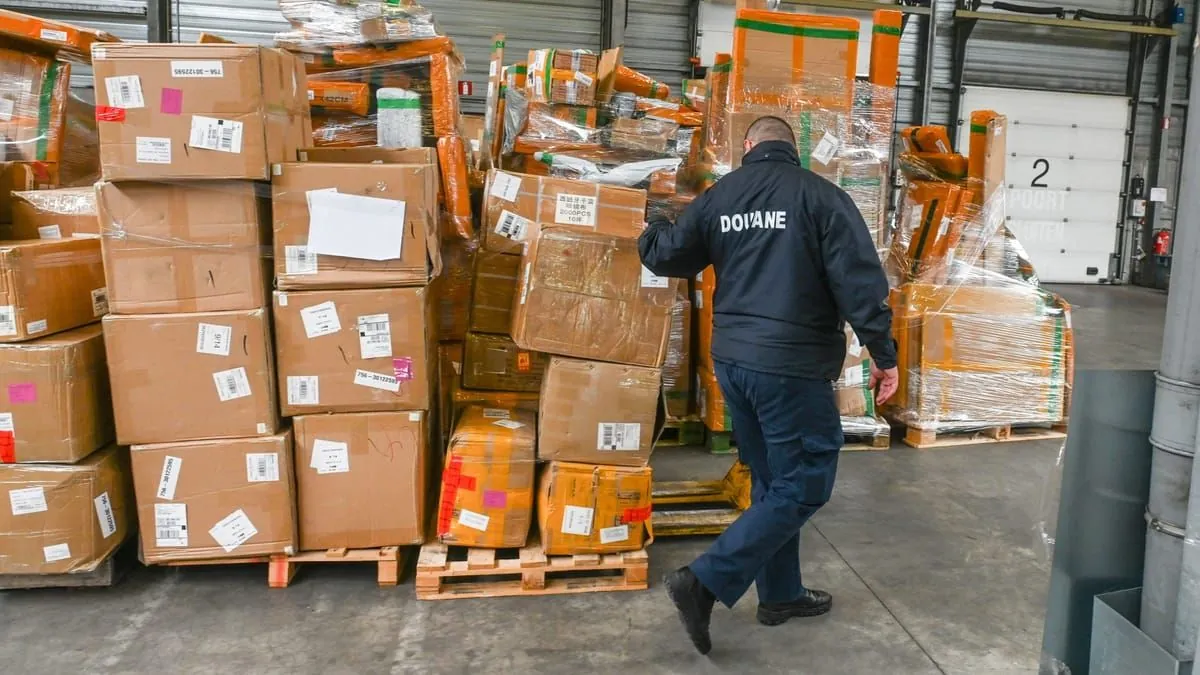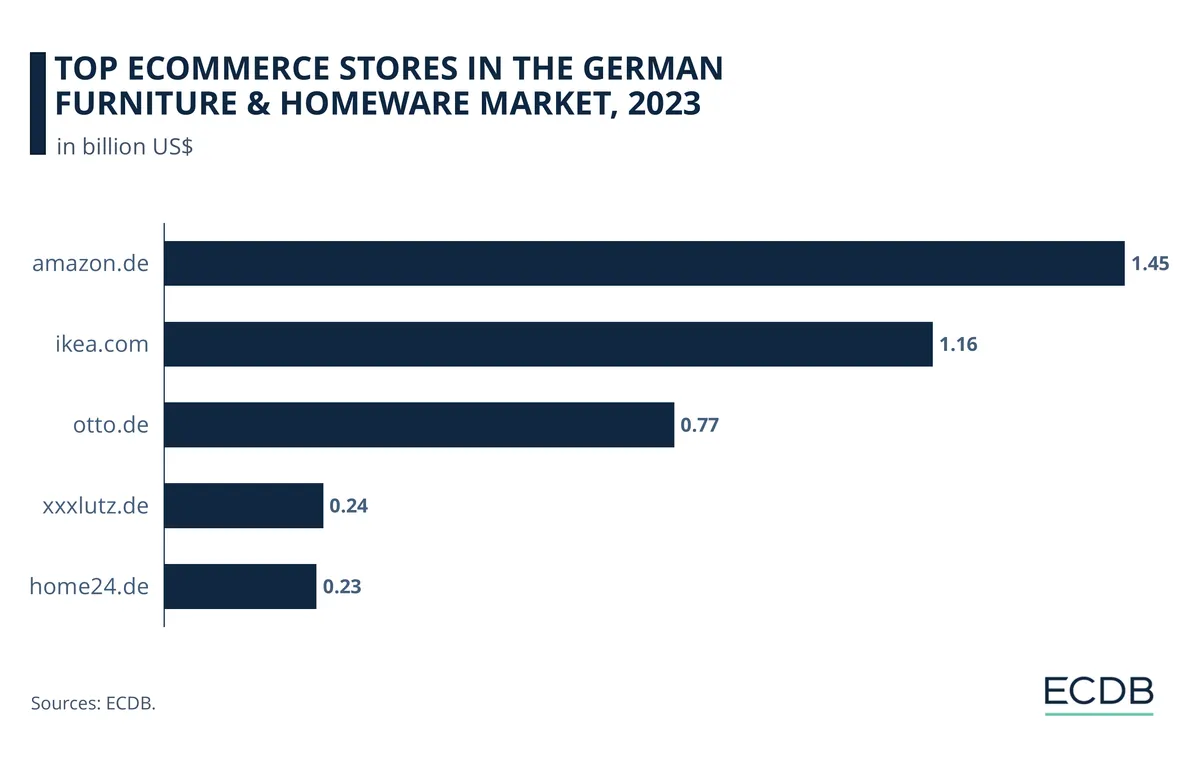Germany Drafts Rules to Regulate Chinese E-commerce Giants
Germany is developing regulations to ensure Chinese online retailers like Temu and Shein comply with EU standards. The move aims to address concerns over product safety, environmental protection, and fair competition.

In a significant move to regulate the e-commerce landscape, Germany is drafting new regulations aimed at ensuring Chinese discount retailers, such as Temu and Shein, adhere to European Union standards. This initiative, reported by Capital magazine, comes as these platforms continue to gain traction in the German market.
The proposed regulations will focus on several key areas:
- Product safety
- Environmental protection
- Consumer rights
- Customs and tax laws
This regulatory effort reflects the growing influence of Chinese e-commerce platforms in Germany, which boasts the largest economy in the European Union. In 2022, e-commerce sales in Germany reached an impressive €99.1 billion, highlighting the sector's significance.
Temu, a relatively new player launched in 2022 by PDD Holdings, and Shein, a fast fashion retailer founded in 2008, have rapidly gained popularity among German consumers. However, their rapid growth has raised concerns about compliance with EU regulations.
The Handelsverband Deutschland (HDE), Germany's main retail association representing about 300,000 independent companies, has been actively lobbying the government to "ensure fair competition for all market participants." The HDE's involvement underscores the importance of creating a level playing field in the retail sector.

One of the primary concerns highlighted by the HDE is the limited capacity of customs authorities to thoroughly check all incoming products for compliance with EU rules. This issue is particularly pressing given that China is the EU's largest trading partner, with bilateral trade exceeding €856 billion in 2022.
The proposed regulations aim to address various aspects of e-commerce operations:
- Product safety will be scrutinized under the EU's General Product Safety Directive.
- Environmental protection measures will likely include compliance with the EU's REACH regulation governing chemical substances and Germany's Packaging Act for waste management.
- Consumer rights will be enforced, including the EU's 14-day cooling-off period for online purchases.
- Customs and tax laws will be more strictly applied, considering Germany's complex tax system with its 19% standard VAT rate.
These regulatory efforts align with broader EU initiatives, such as the Digital Services Act, which came into force in 2022 to create a safer digital space. Germany's Federal Office for Information Security (BSI) may also play a role in ensuring IT security compliance.
As Germany moves forward with these regulations, it will be crucial to balance consumer protection and fair competition with the benefits of international trade and e-commerce innovation. The outcome of this regulatory effort could set a precedent for other EU member states and potentially influence the global e-commerce landscape.
"We need to ensure fair competition for all market participants."
This development marks a significant step in Germany's approach to regulating the rapidly evolving e-commerce sector, particularly in relation to international players entering the market. As the regulations take shape, both consumers and businesses will be watching closely to see how they impact the online retail landscape in Germany and potentially across the European Union.


































